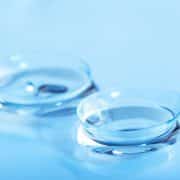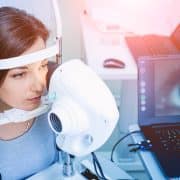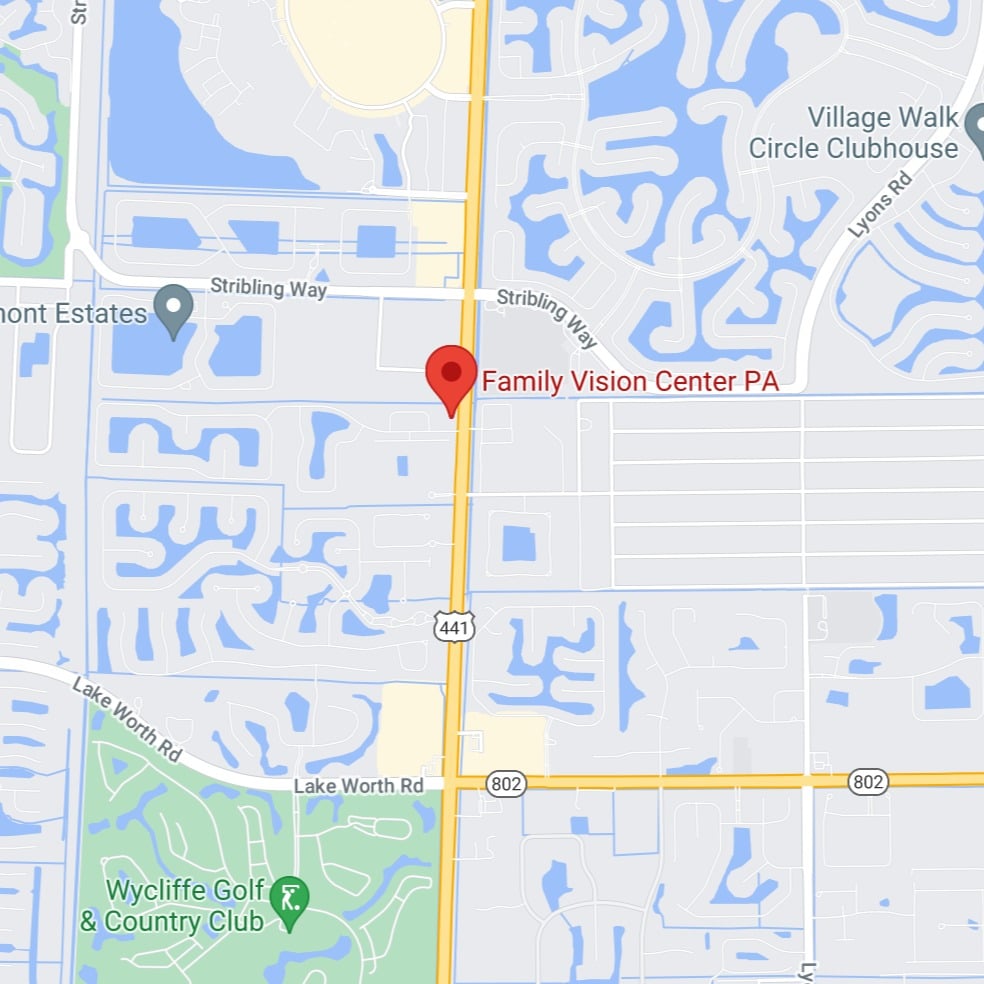Tips for Transitioning from Glasses to Contacts
There can be many emotions when it comes to transitioning from glasses to contacts. Teenagers may be desperate to turn in their spectacles for a pair of shades. Other people may not want to change their contacts but must play sports or perform other critical tasks. No matter where you lie on the spectrum, we’ll give you a few tips to make it a little easier.
Talk to Your Doctor
An optometrist in Wellington, FL, can tell you more about whether you’re eligible to transition to contacts and, if so, which contacts will work best for you. The good news is that most people can wear lenses, even if they have irregularly shaped corneas. However, because not all contact lenses are created equal, it’s important to talk to your doctor before you do anything else.
Prepare for Some Work
Everyone’s experience with contacts will be a little different, but the transition will disrupt your life. It may take a while to get the contact lenses in and out, especially if you’re squeamish about touching your eye with nothing more than a very thin film to protect you. Once the lens is in, you don’t want to keep it in all day. To ease into it, aim for a couple of hours per day and then work your way up. This can drastically reduce irritation, making you more likely to stick with it.
Visit an Optometrist in Wellington, FL
If you’re looking for contacts in Wellington, FL, Family Vision Center PA staff can give you more than pointers. We’re here to examine your eyes and find the best possible treatment plan as you transition.







